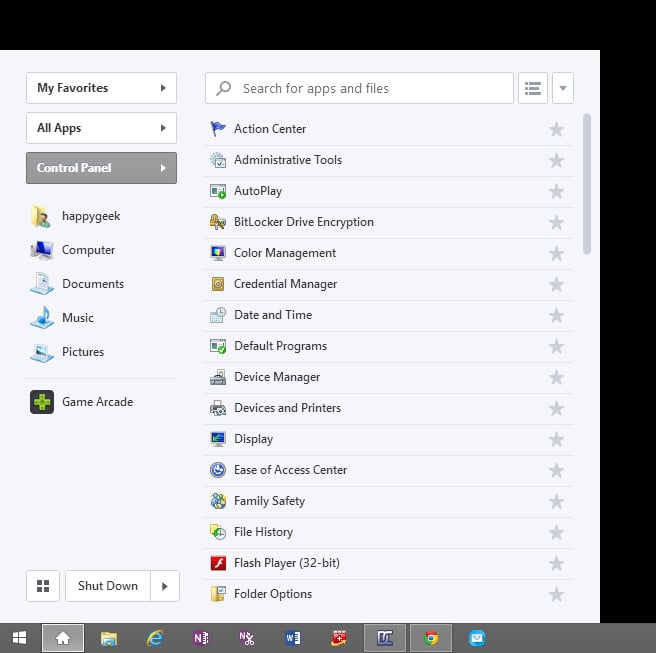Hardly a week goes by without yet another press release hitting the desk of your technology journalist, or research flag being raised amongst the IT Security profession, that claims Android is insecure. What Android actually is, just like Windows on the desktop in fact, is a big and attractive target; which in turn makes it the focus of attention for those looking to exploit mobile device vulnerabilities. The bad guys will pour their resources, in terms of both time and money, into discovering and exploiting those vulnerabilities which will present them with the best profit making potential. That, dear reader, is a truism.
The latest such vulnerability to appear on the media radar as far as Android is concerned has been the discovery of a 'privilege escalation flaw' that, according to the headlines at any rate, has the potential to 'leave billions of devices vulnerable to malware attack'. How much of a truism is that, I wonder?
The fact that the privilege escalation vulnerability exists is not in any doubt, despite it being uncovered by Indiana University researchers working in conjunction with Microsoft Research. Just because 'the enemy' (as Microsoft, along with Apple, is oft-perceived when talking about mobile platforms) finds fault does not mean that fault is non-existent. If you want to check out the technical details for yourself, then go read 'Upgrading Your Android, Elevating My Malware: Privilege Escalation Through Mobile OS Updating' which explains all in some sixteen pages of gloriously geeky detail.
The long …




















